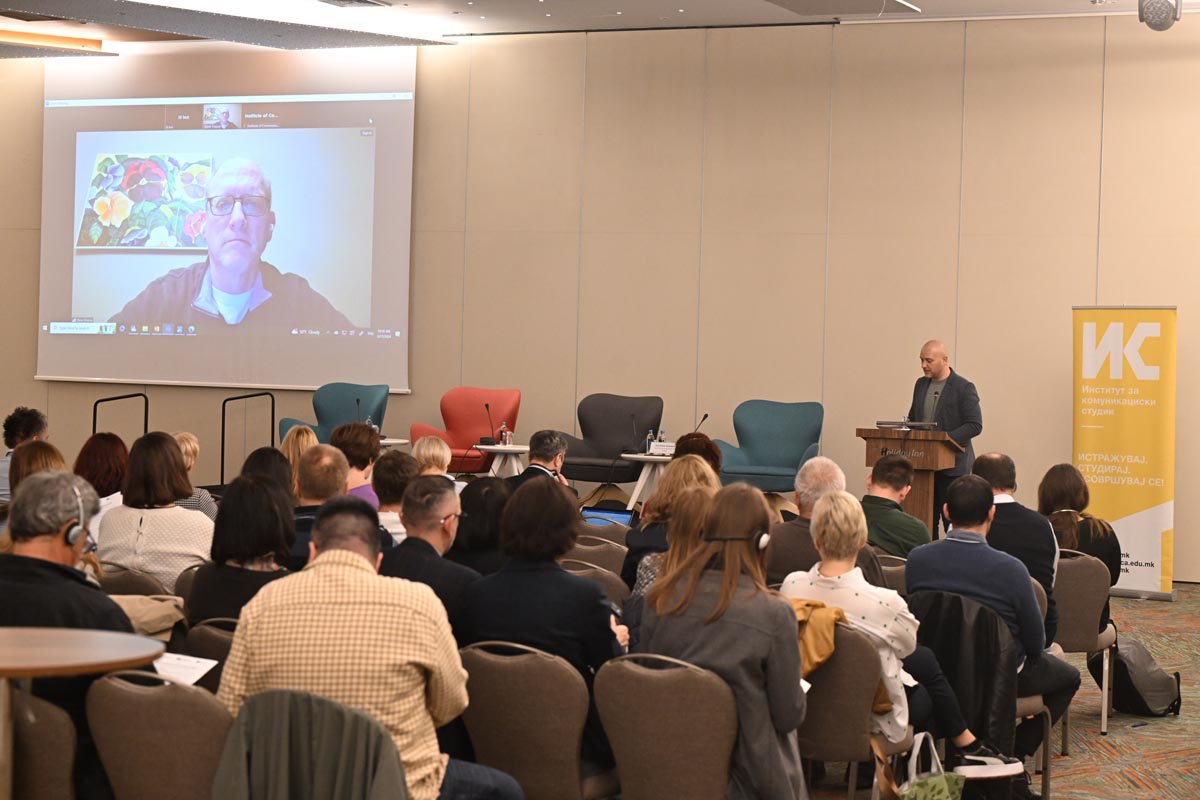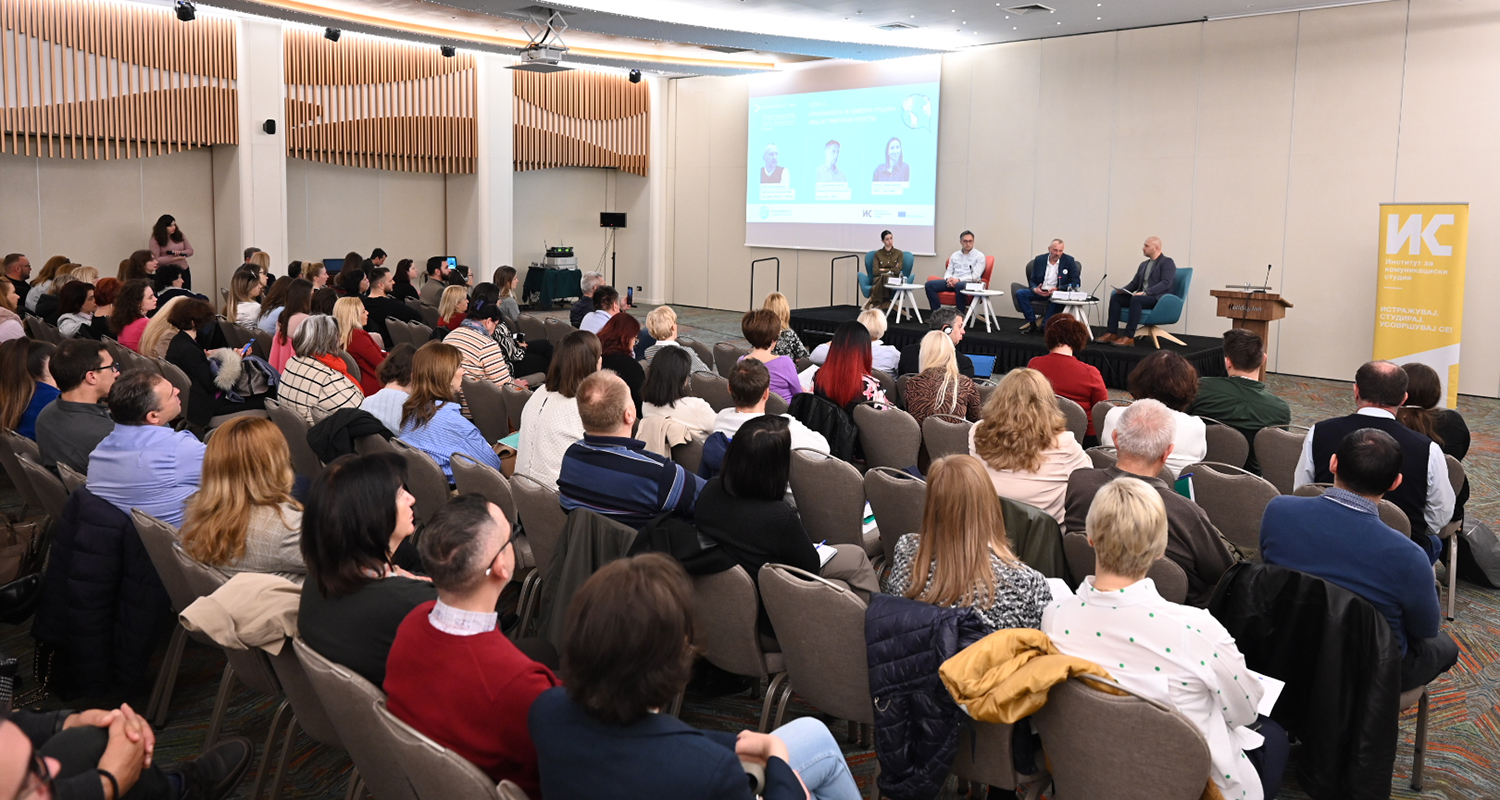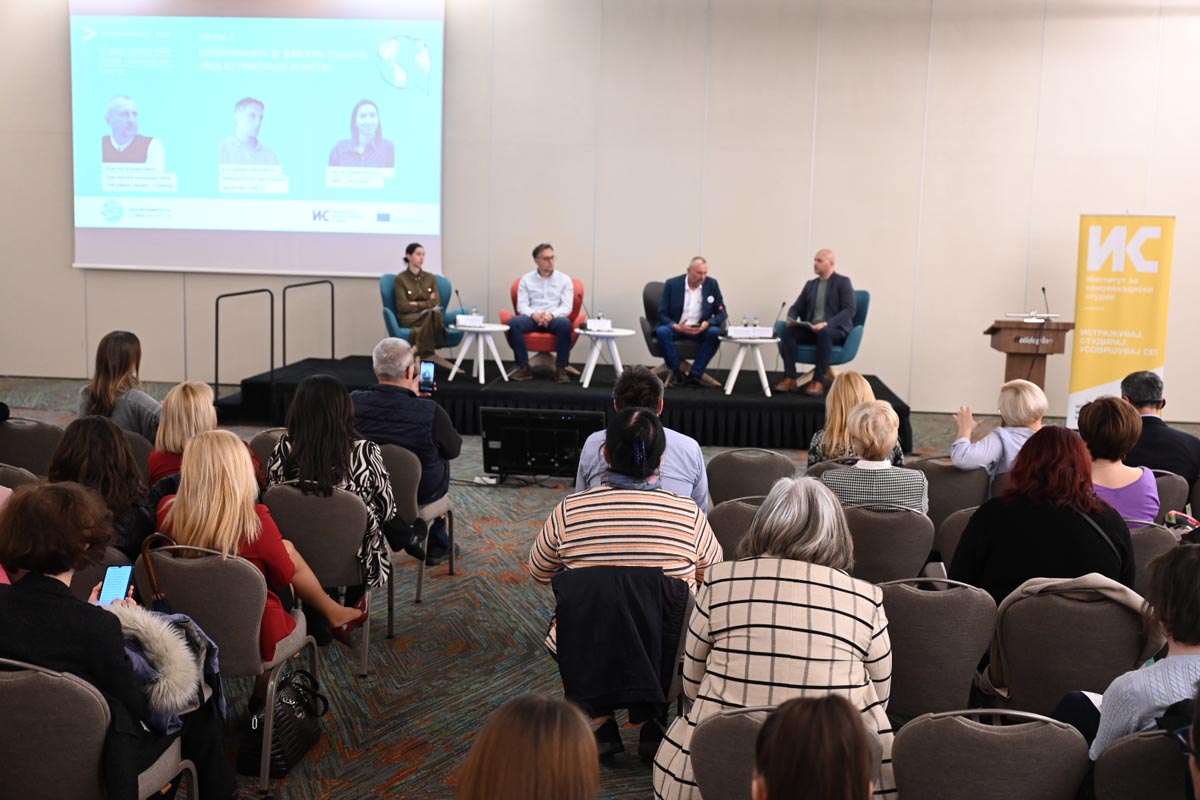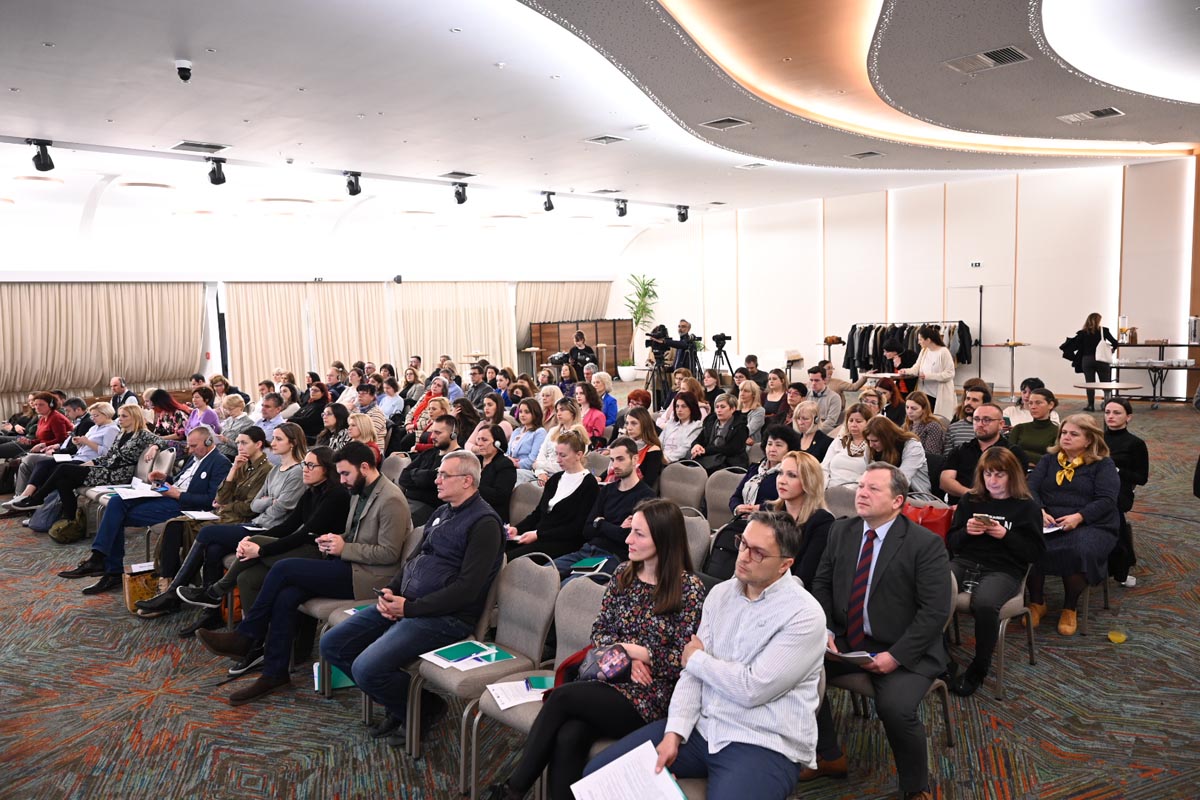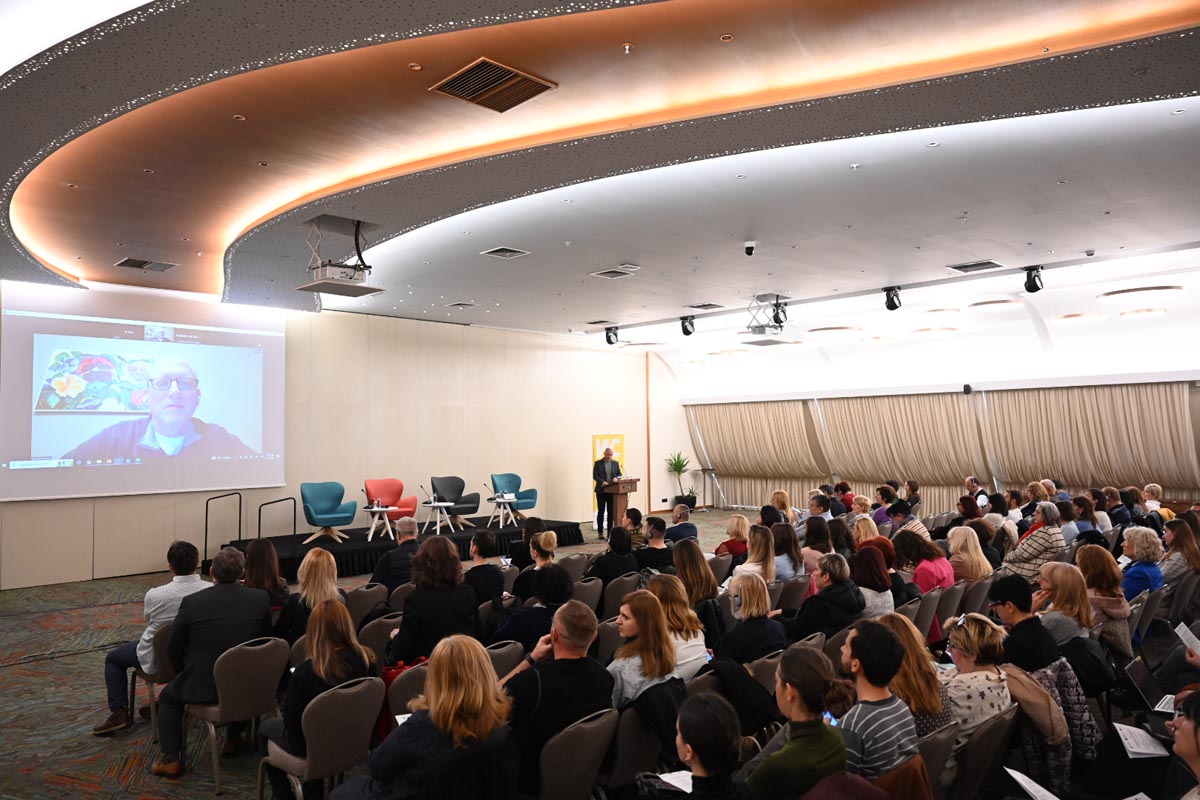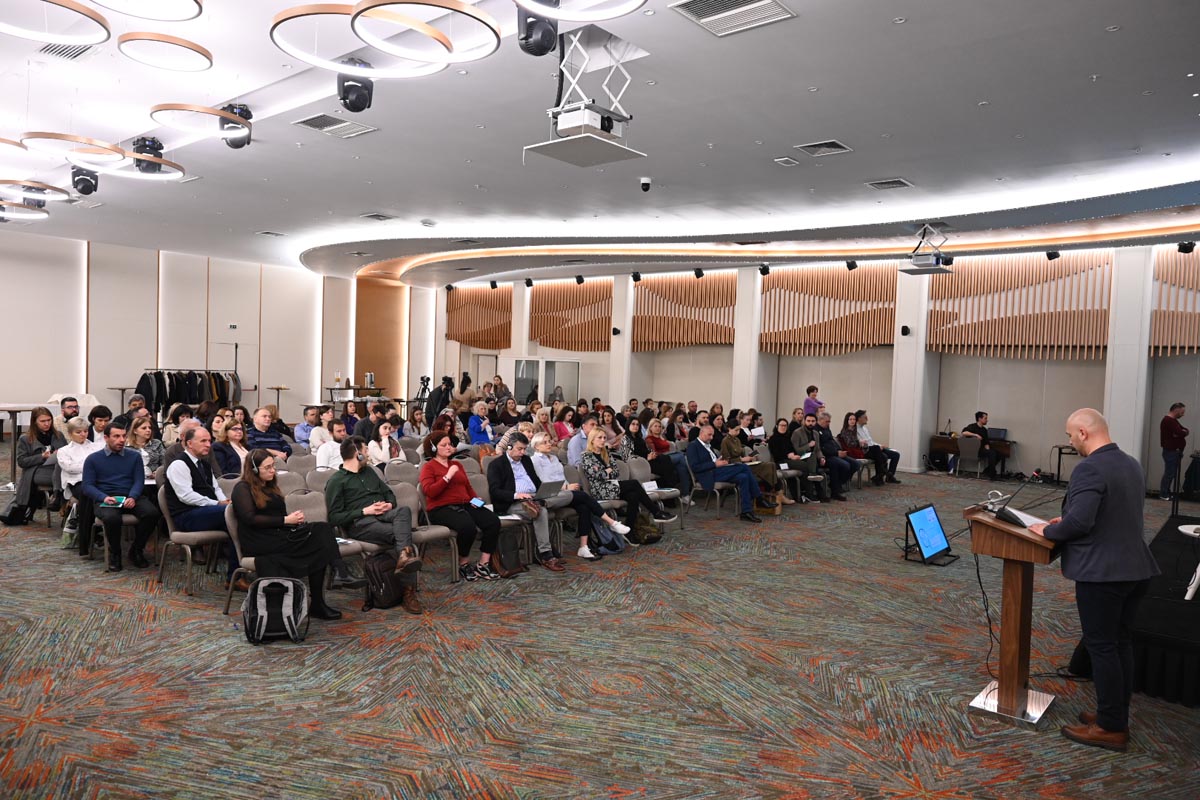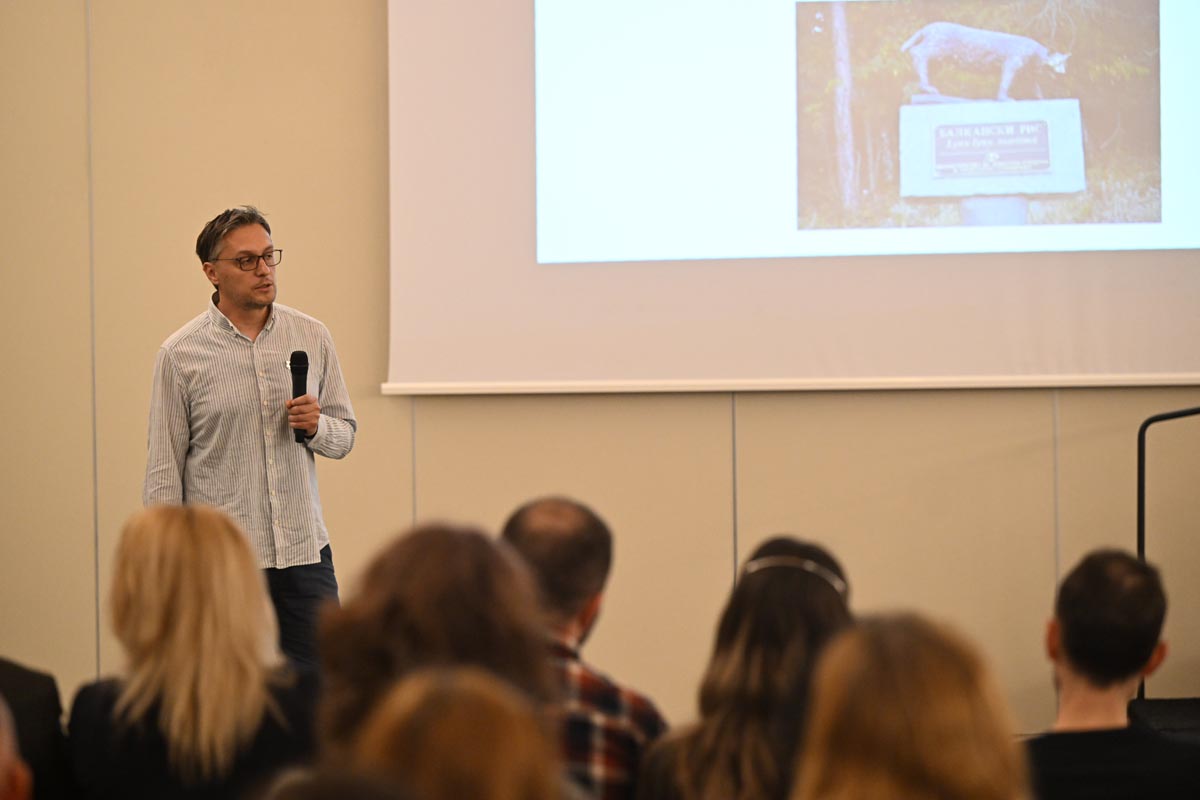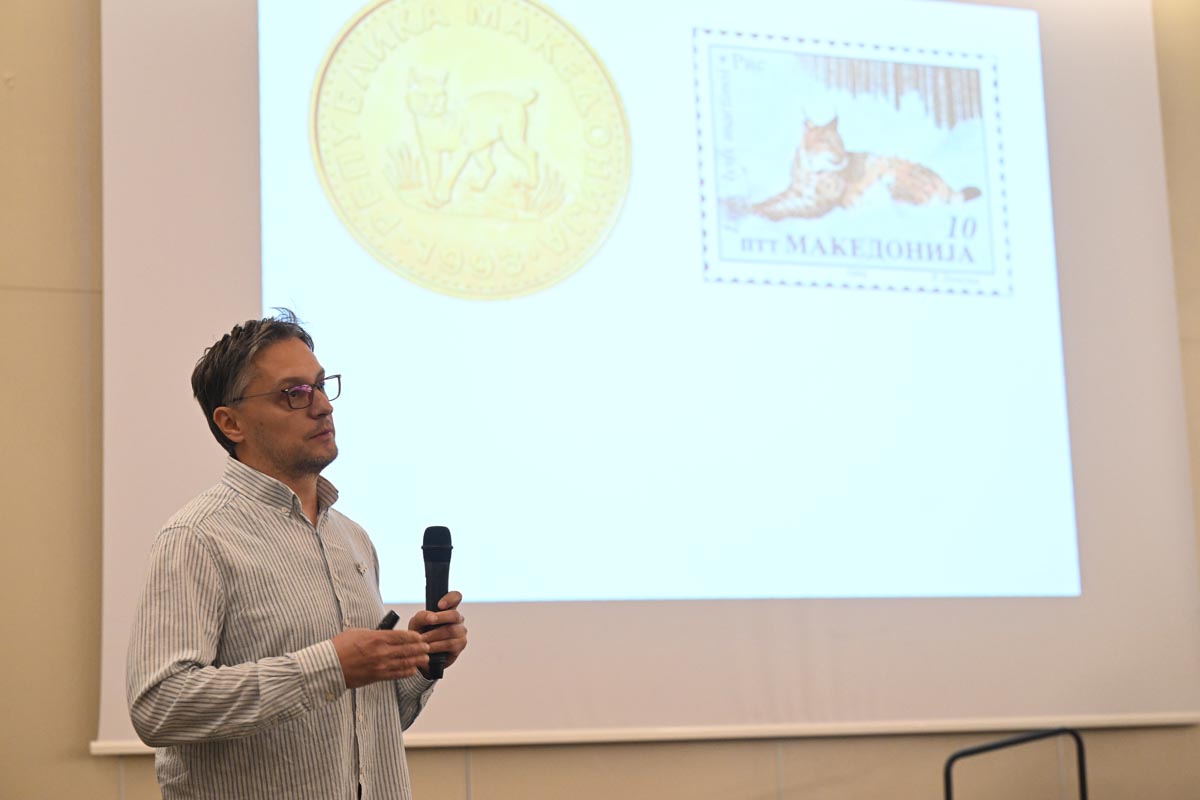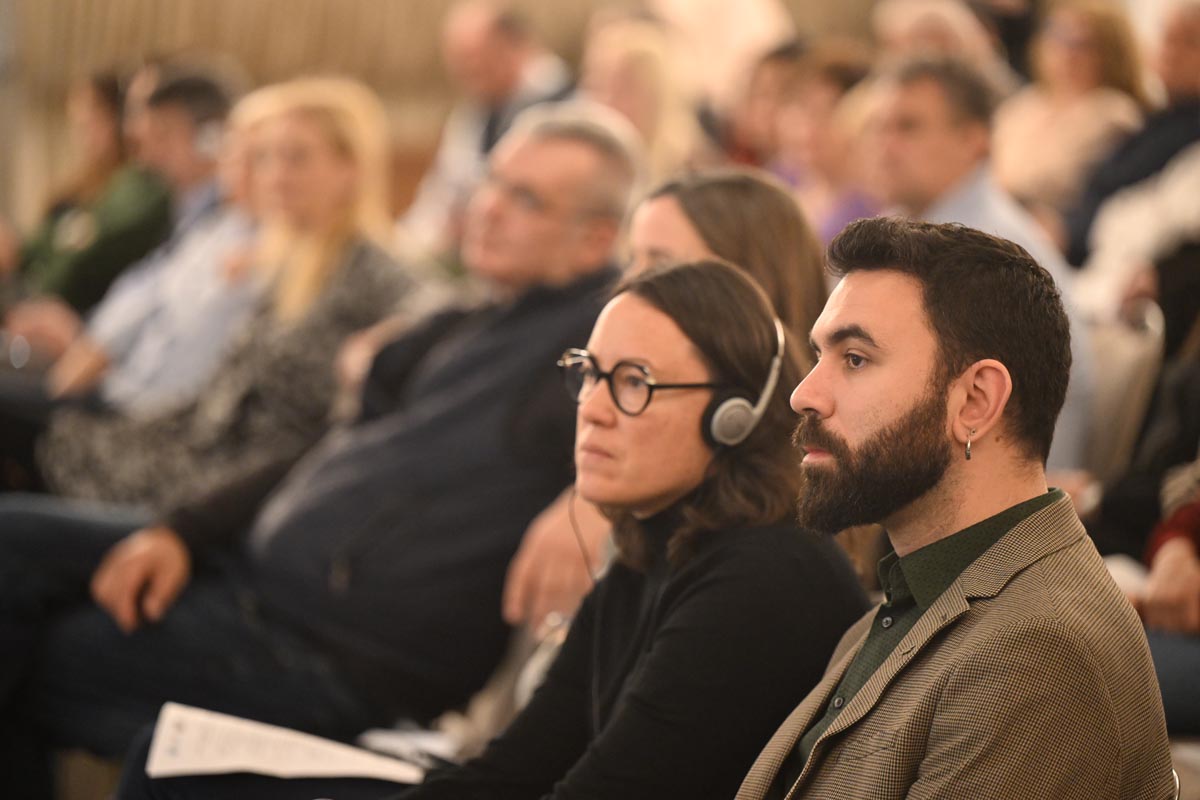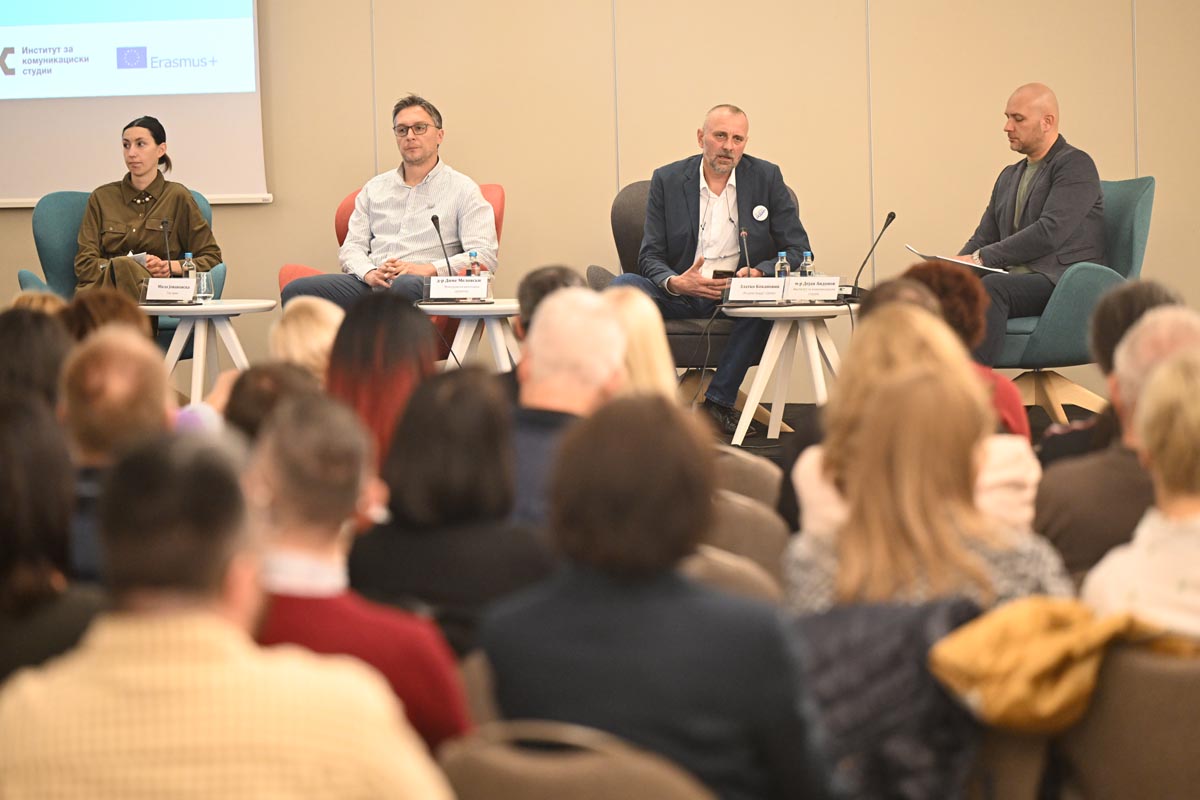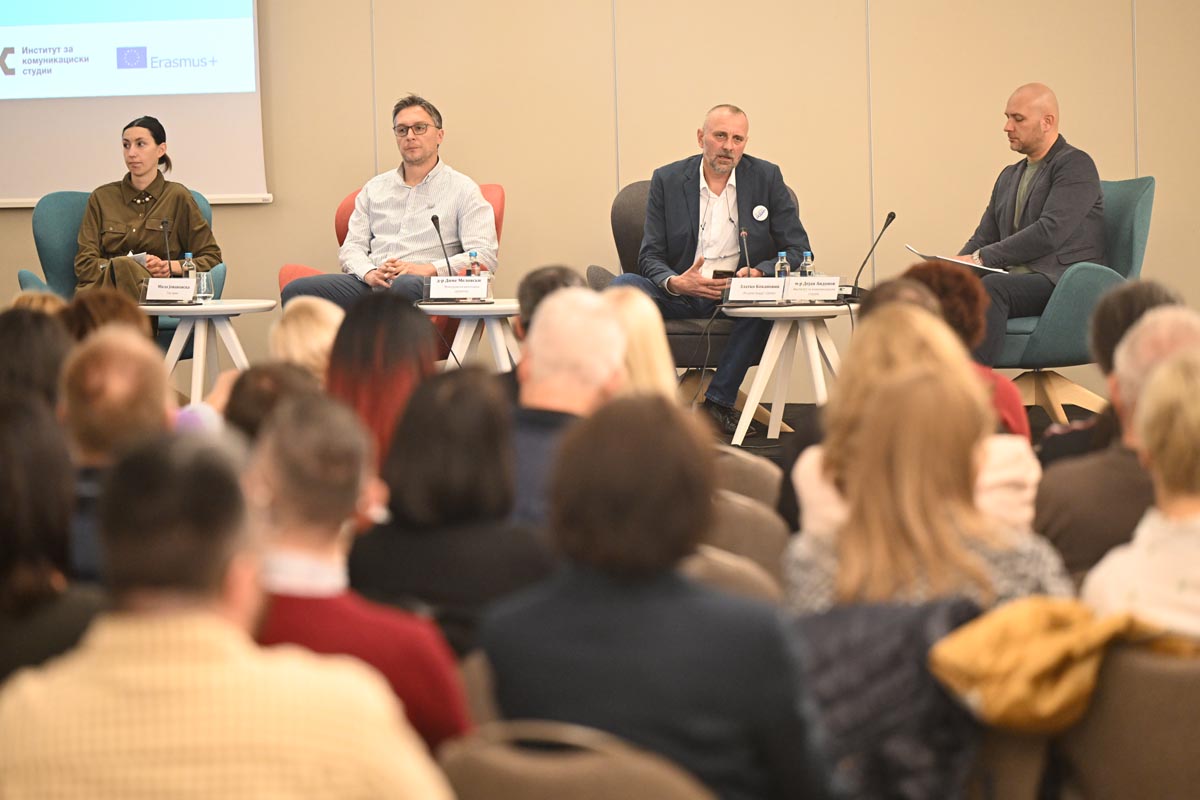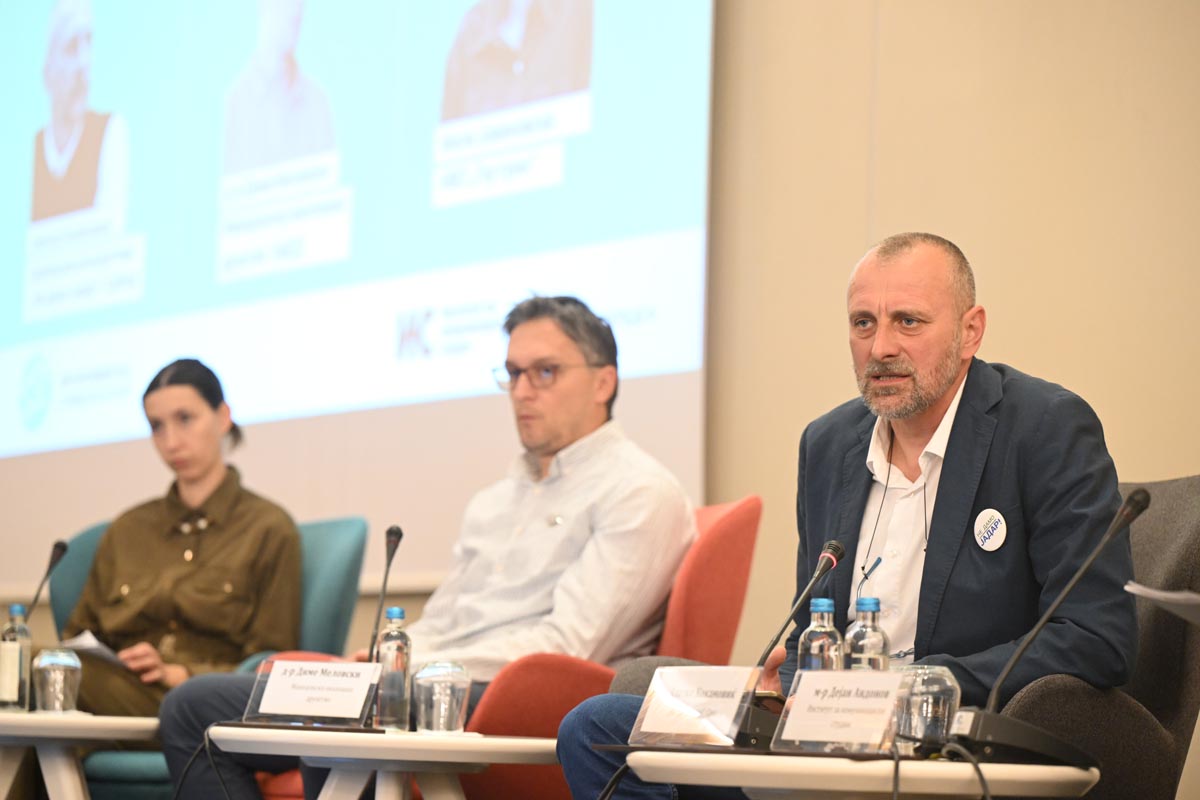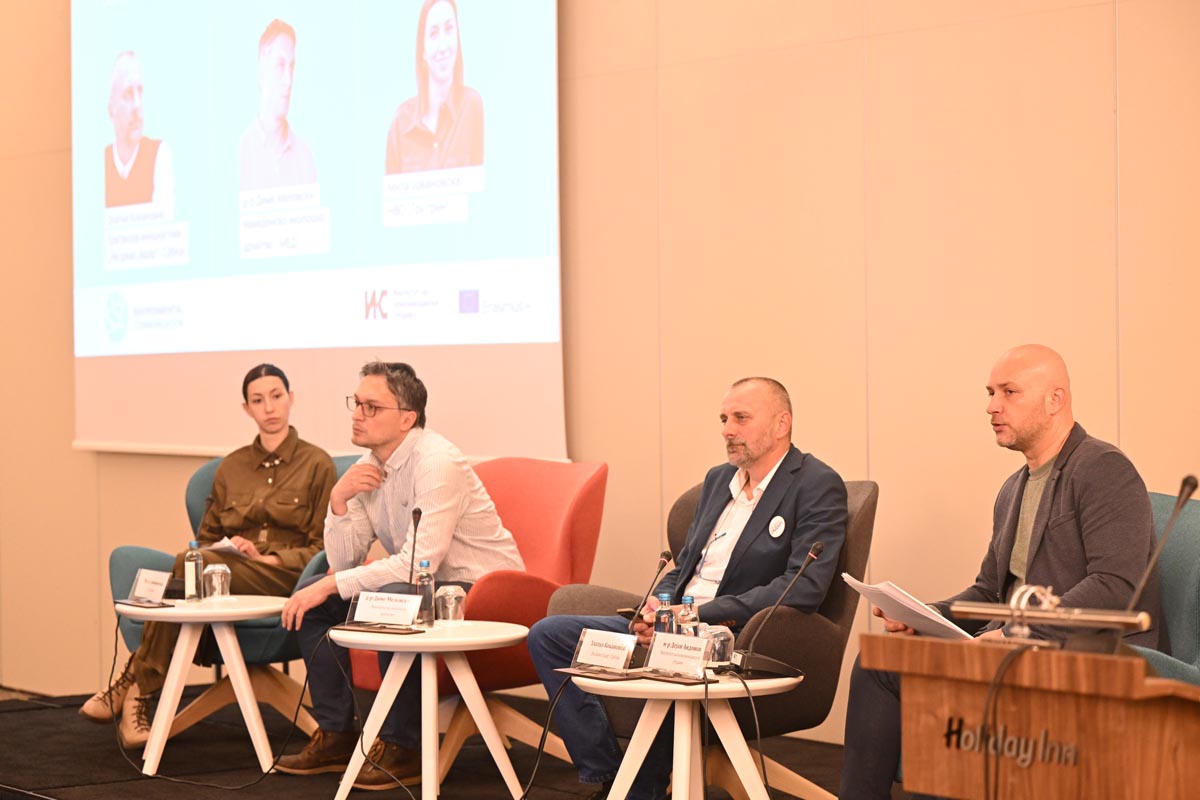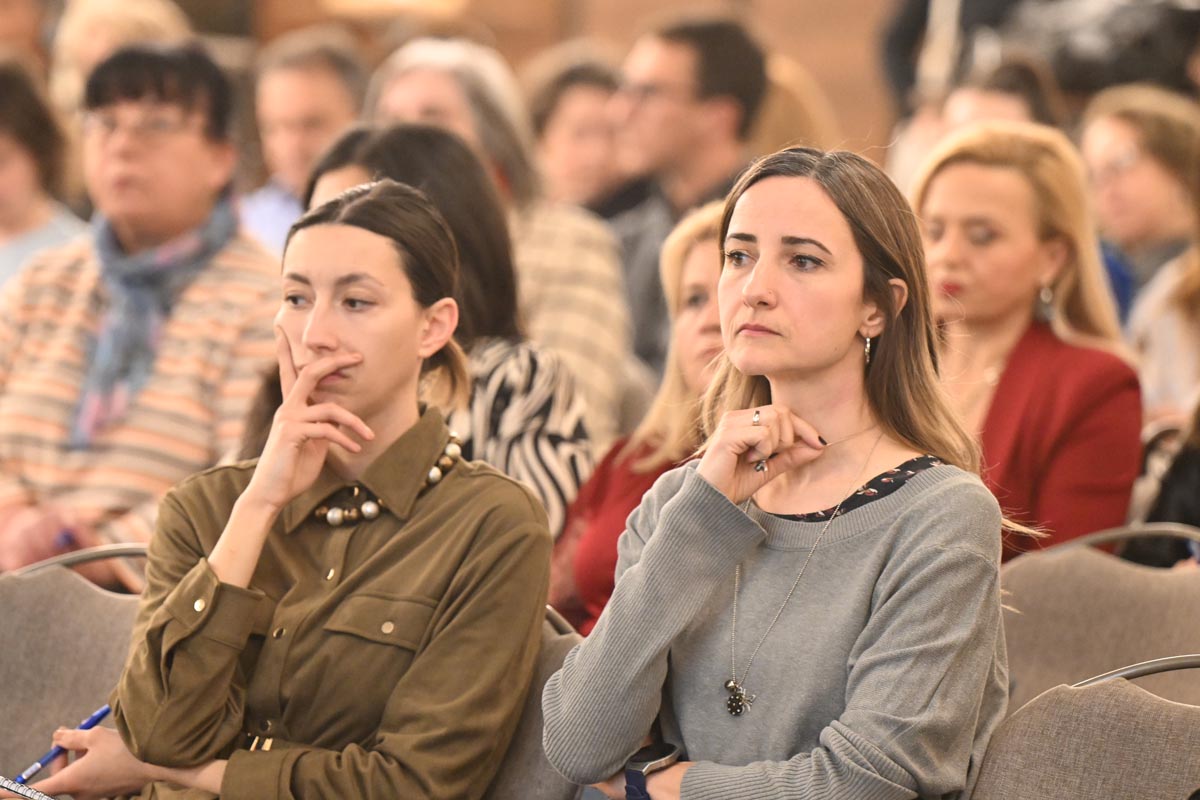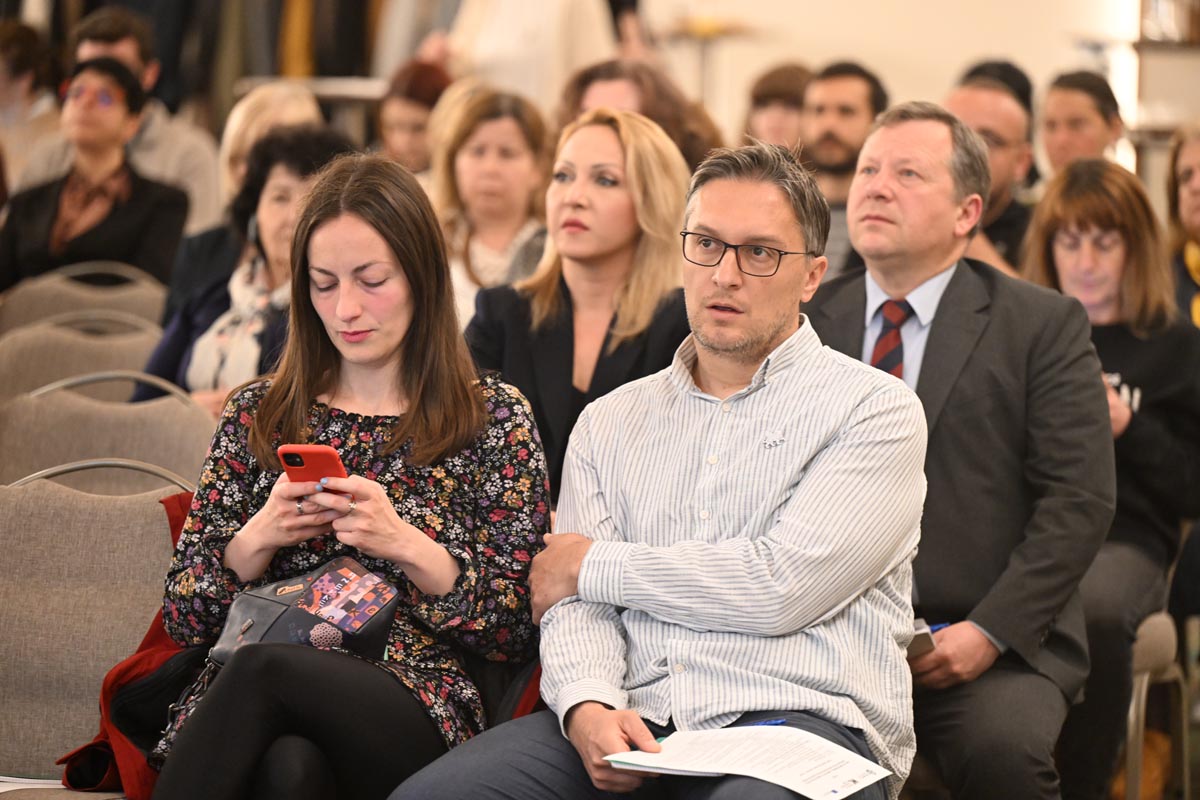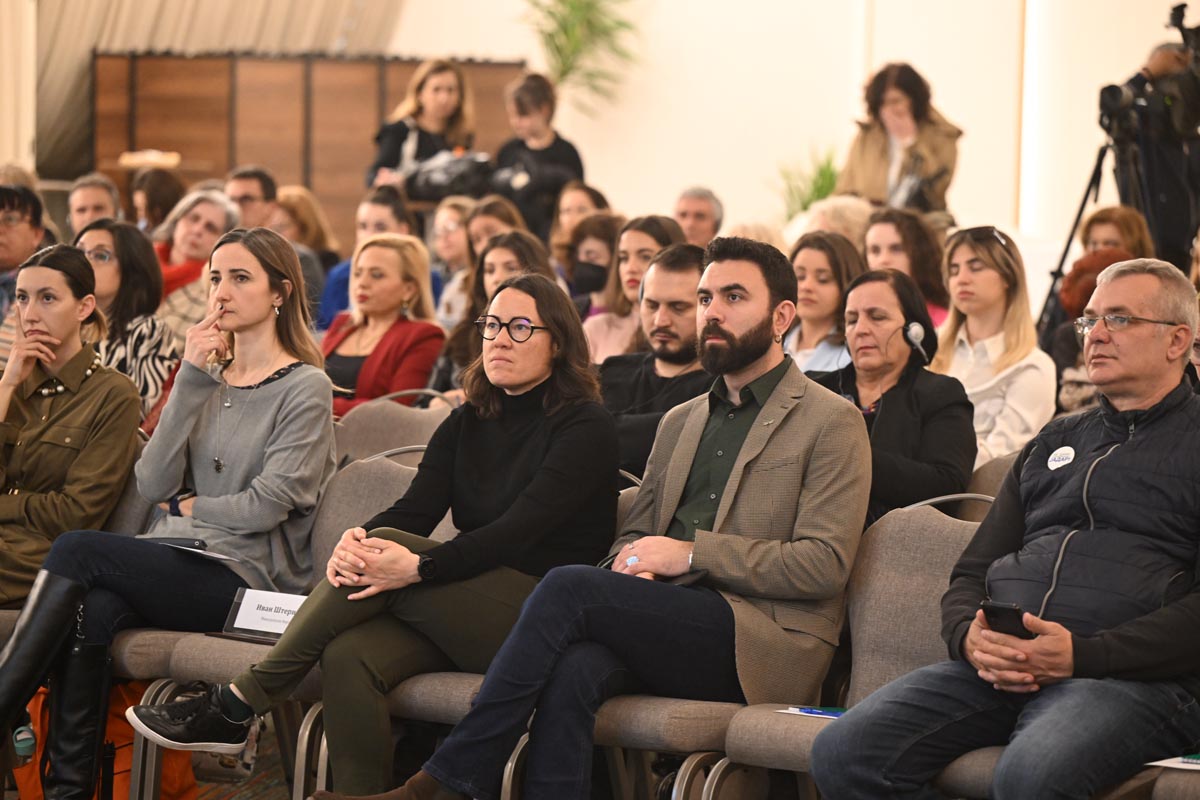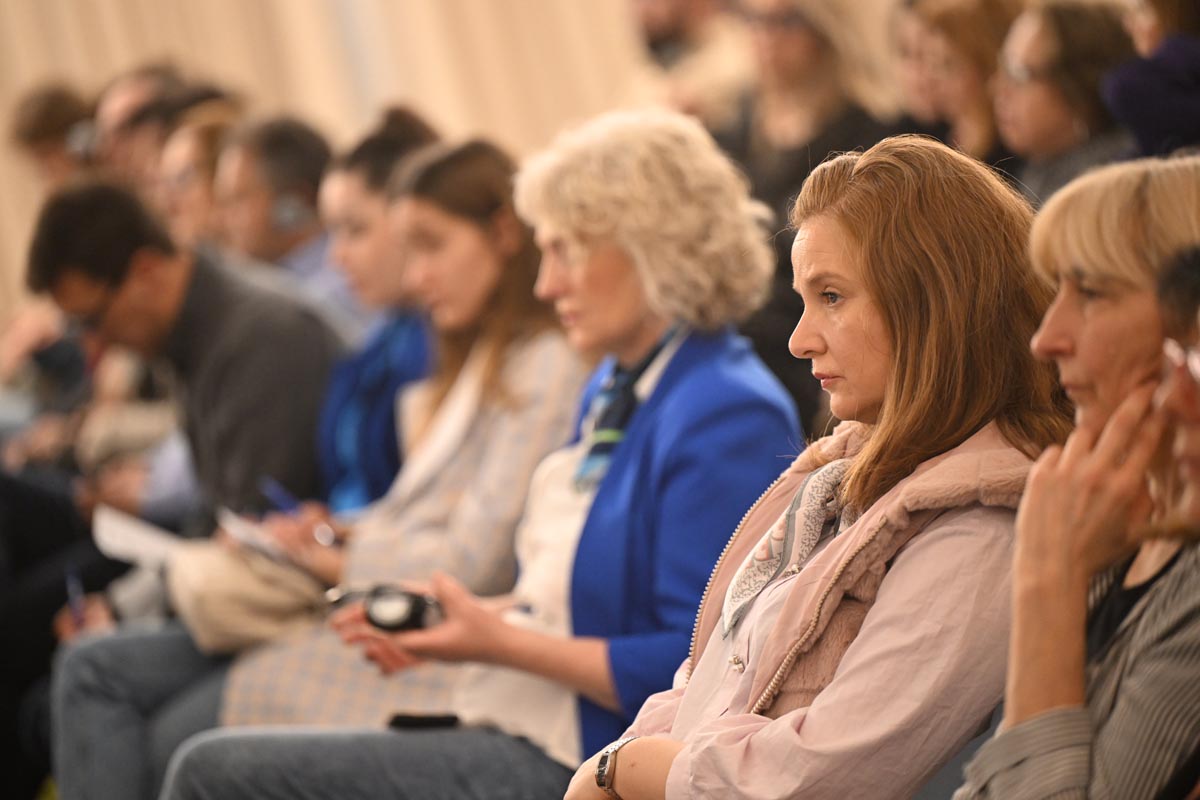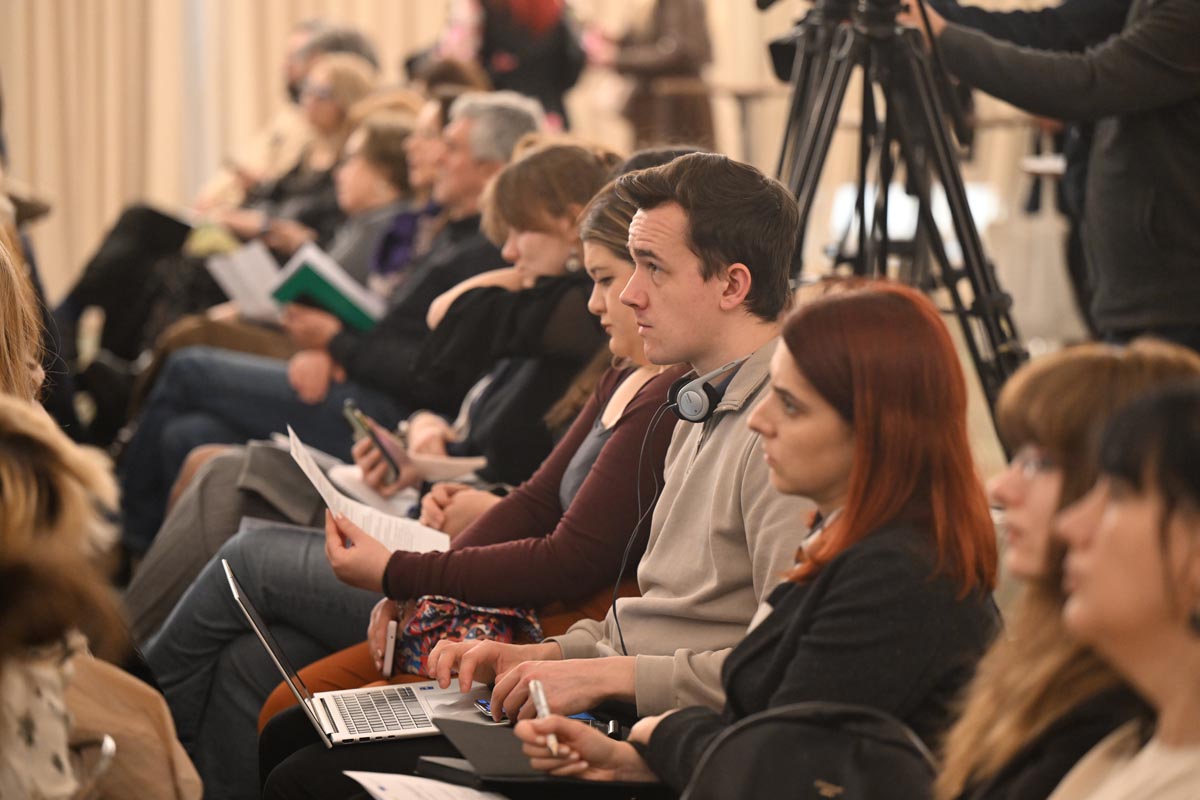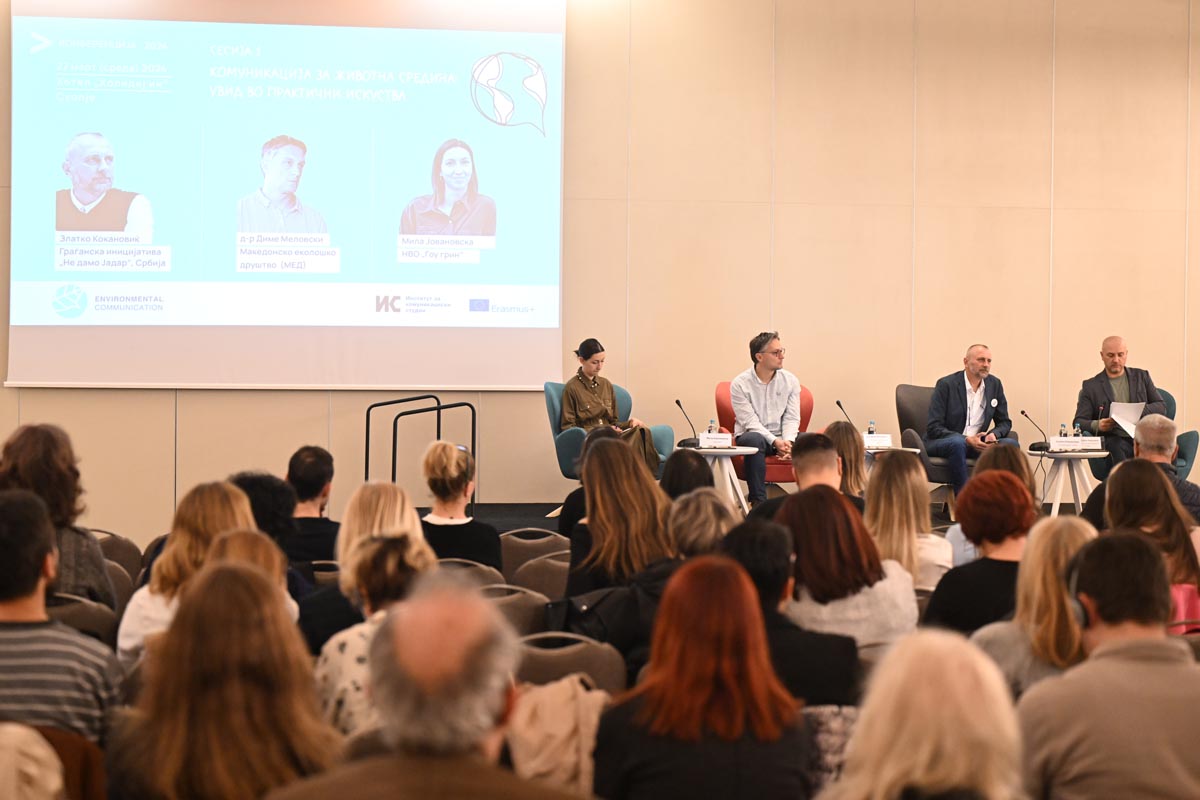
Let’s talk more about the environment in a time of growing environmental crisis
Macedonia is threatened by various pollutants. Air pollution is one of the highest in Europe, a large amount of waste is not being recycled, water quality is deteriorating, there is excessive deforestation, biodiversity is under the threat of extinction, and climate change is affecting food production. In such a growing environmental crisis, public institutions, businesses, civil society organizations, the media and academia should become increasingly accountable for their actions and communicate about the environment. In this way, awareness and understanding of complex environmental issues will be raised, which in turn will strengthen the role of citizens and organizations in the preservation of the environment.
This was said at the conference “How to Communicate about the Environment in a Growing Environmental Crisis: – Practical Experiences and New Perspectives”, which took place today, organized by the Institute of Communication Studies.
In the opening address, Dejan Andonov, Program Coordinator at ICS, stated that effective communication can help in policy advocacy, changing people’s behaviour, conflict resolution and enacting environmental laws.
“Environmental communication encompasses many things – reporting on floods or plastic waste in local riverbeds, civic engagement and activism against a new power plant or mining, involving the public in the decision-making process on environmental issues, companies taking responsibility for protecting the environment, political rhetoric and communicating new scientific information. So, let’s talk more about the environment! Because civic engagement in the management and protection of natural resources largely depends on people’s level of awareness of environmental issues,” Andonov said.
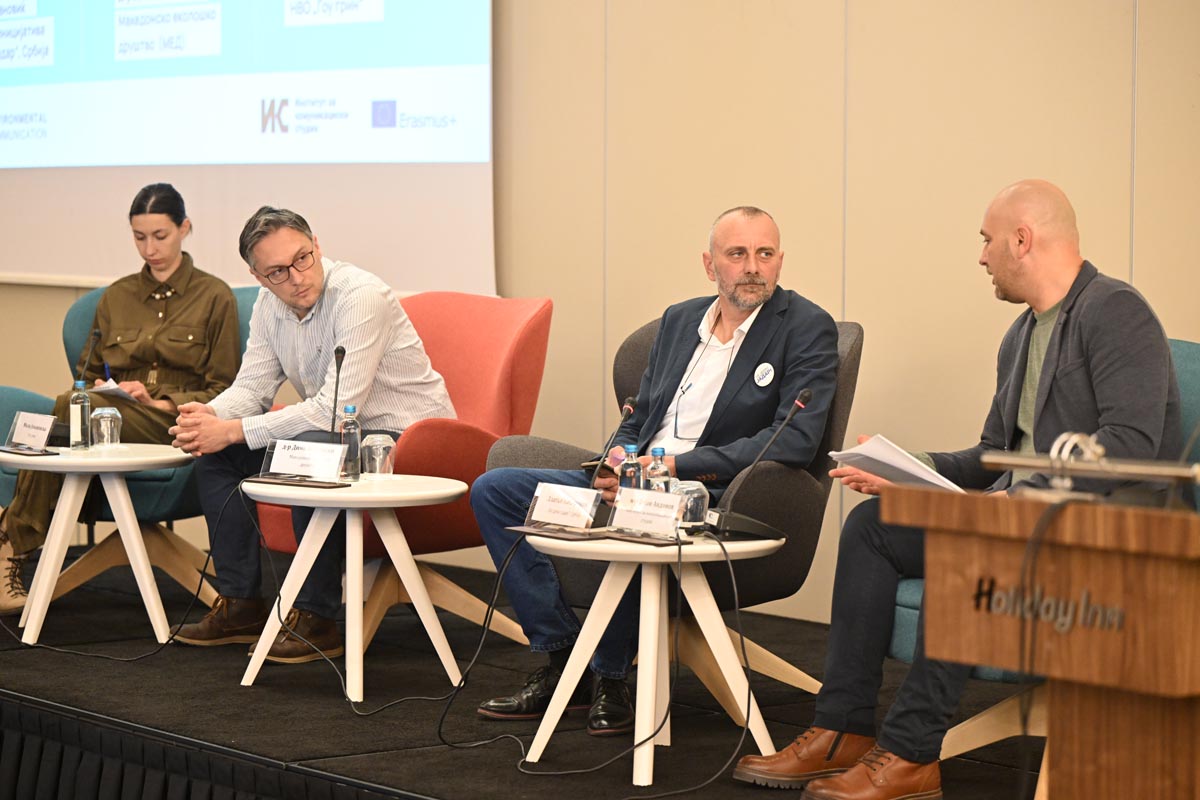
The president of the International Environmental Communication Association, Steve Depoe, said that on one side is the rhetoric that supports overexploitation of resources and profit, which is sceptical of science and sustainability, and on the other hand are those who talk about climate emergencies and existential threats with emotions of anger and fear. Much less prevalent is the environmental rhetoric based on scientific interpretation and meaning.
“Environmental communication has emerged as an academic discipline for crisis resolution and action. It has always been perceived as a response to urgent issues because all those studying communication have also become involved in advocating for environmental issues in their local community or beyond. The other benchmark that covers communication is care for the environment, environmental justice, but also projecting growth and nurturing climate resilience,” Prof. Steve Depoe of the International Environmental Communication Association said.
It is important that activists, public officials, scientists, journalists and professional communicators know how to properly address, research, explain and disseminate information about environmental problems to a wider audience. In this direction, Dime Melovski from the Macedonian Ecological Society shared his experience with the public affirmation of the protection of the Balkan lynx, but also how natural symbols can be used for national branding.
“The long-term program for the recovery of the Balkan lynx has started 18 years ago. The data we have obtained by capturing the lynxes help us in the development of the action and conservation plans for the protection of the lynx, and the next stage will be aimed at strengthening the lynx gene pool”, Melovski said.
He said that there are currently between 35-40 adult individuals of the Balkan lynx, but much more needs to be done to protect them.
Natural resources should be managed so that the world can meet the needs of the present without compromising the ability of future generations to meet their own needs. That’s why young people should be inspired to look for solutions and new approaches to environmental issues.
“We need future generations who understand this area and who will have a developed awareness. We try to present environmental problems to them in an understandable way in order to avoid eco-anxiety – when they do not know how to act in relation to these pressing issues. The challenges with the environment require a joint approach of both the citizens and the institutions, and we try to explain it to them so that young people know where and how they can react”, Mila Jovanovska from ” Go Green” said.
The need to promote nature-based solutions and build climate-resilient communities, the need for companies to better position themselves and embrace environmental responsibility and sustainability, and for the media and social media influencers to help understand and solve environmental problems was also discussed at the conference.
The conference was realized within the project “Mainstreaming environmental communication through online learning and virtual mobility”, which is implemented by the Institute of Communication Studies in partnership with universities of Novi Sad, Zagreb, Sarajevo and Tirana. The project is financed by the ERASMUS+ program through the National Agency for European Educational Programs and Mobility.


